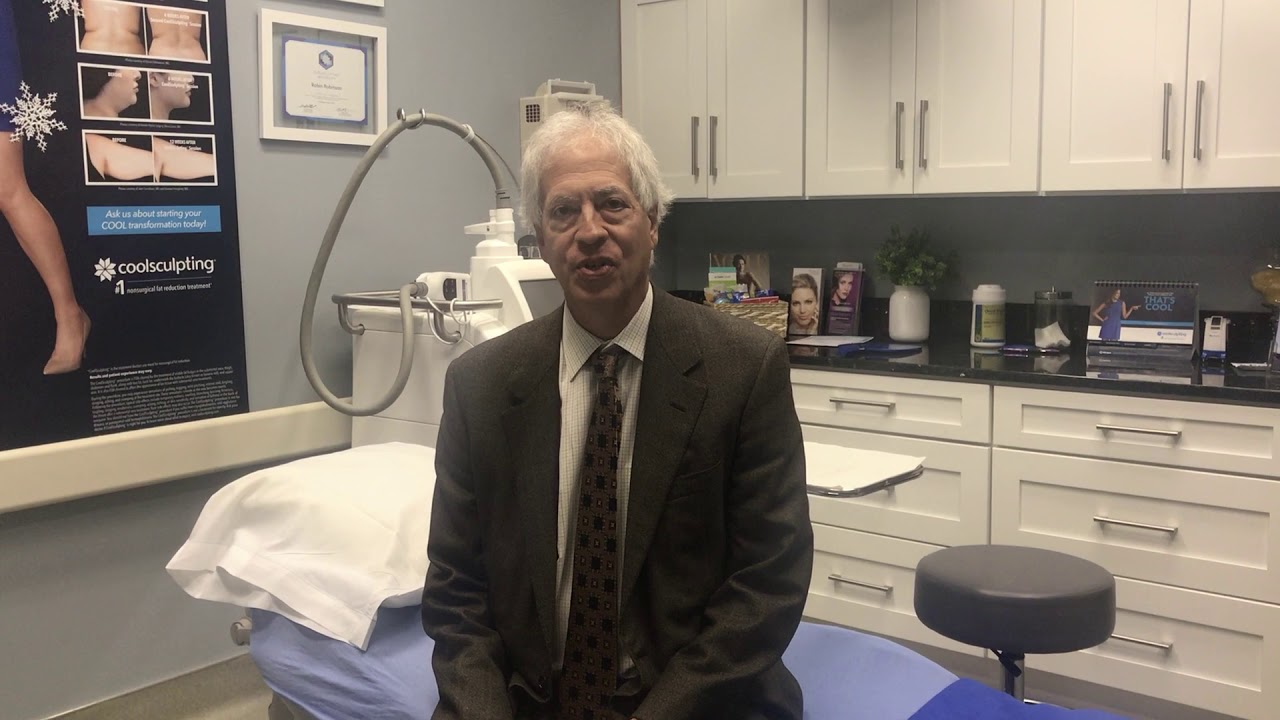Physical rehabilitation is a crucial aspect of healthcare, often overlooked until needed. Dr Julian Sargon-Ungar highlights the significance of physical rehabilitation medicine and its role in helping patients regain optimal physical function and improve their quality of life.
Restores Function and Mobility
Physical rehabilitation focuses on restoring an individual’s physical function and mobility. Whether recovering from an injury, surgery, or dealing with a chronic condition, rehabilitation therapies help patients regain their independence and ability to perform daily activities.
Reduces Pain and Discomfort
Patients often experience pain and discomfort during the recovery process. Physical rehabilitation incorporates various techniques, such as manual therapy, exercises, and modalities like heat or cold therapy, to alleviate pain and improve overall comfort.
Prevents Complications
Inactivity due to injury or illness can lead to secondary health issues. Physical rehabilitation aims to prevent complications by promoting movement and muscle strength, reducing the risk of conditions like blood clots, pressure sores, or joint contractures.
Enhances Quality of Life
Physical rehabilitation contributes significantly to an improved quality of life. By helping patients regain function and manage their conditions, it enables them to participate in social activities, pursue hobbies, and maintain a fulfilling lifestyle.
Customized Treatment Plans
Rehabilitation specialists develop personalized treatment plans tailored to each patient’s unique needs and goals. These plans evolve as the patient progresses, ensuring optimal results.
Supports Mental Health
The physical challenges of recovery can take a toll on mental well-being. Physical rehabilitation not only addresses the physical aspects but also provides emotional support. Achieving physical milestones can boost confidence and reduce anxiety and depression.
Promotes Independence
One of the primary goals of physical rehabilitation is to empower patients to regain their independence. Whether it’s relearning how to walk after surgery or improving mobility with a chronic condition, rehabilitation helps individuals regain control over their lives.
In conclusion, physical rehabilitation medicine plays a vital role in restoring function, reducing pain, preventing complications, enhancing quality of life, and promoting independence for patients dealing with various health challenges. Its personalized approach and focus on holistic well-being make it an essential component of comprehensive healthcare Dr Julian Sargon-Ungar.



